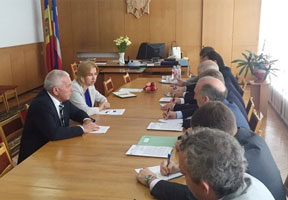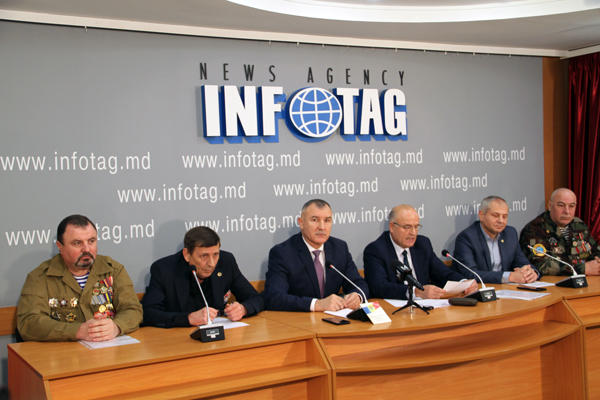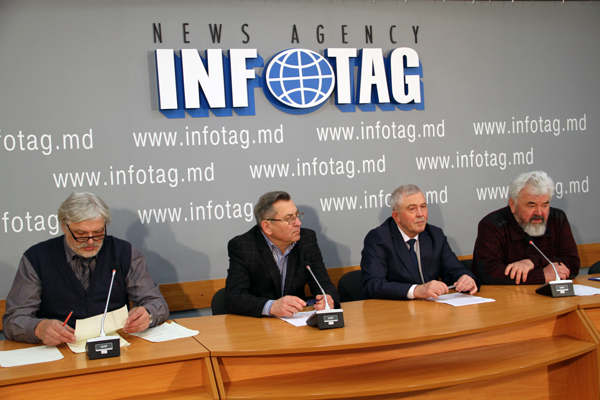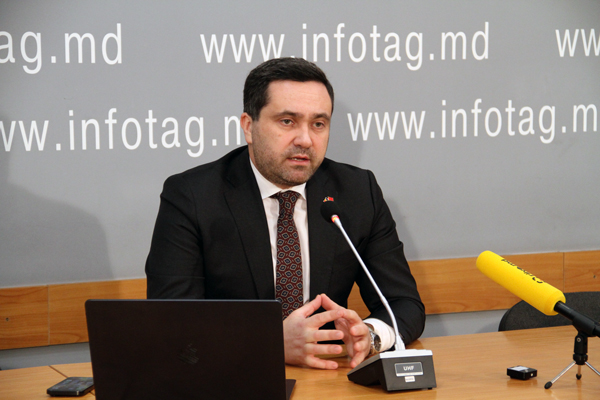Transnistria and Gagauzia
GAGAUZIA ADMINISTRATION COMPLAINS TO WESTERN DIPLOMATS ABOUT RESTRICTIONS IMPOSED BY CENTRAL AUTHORITIES

The relationship between the central Moldovan authorities and the administration of the southern Moldovan autonomous region of Gagauzia were the subject matter of the meeting held on Wednesday here between Bashkan [Governor] of Gagauzia Irina Vlah and Dmitrii Konstantinov – Speaker of the Gagauzia Popular Assembly [legislature], on the one side, and Ambassador Pirkka Tapiola – Head of the European Union Delegation to the Republic of Moldova, Ambassador Michael Scanlan – Head of the OSCE Mission to Moldova, Jose Luis Herrero – Head of the Council of Europe Moldova Office and the Representative of the CoE Secretary General, and the United States Ambassador Extraordinary and Plenipotentiary to the Republic of Moldova, James D. Pettit, on the other side.
According to the website of the Gagauzia Executive Committee [regional government], Bashkan Irina Vlah expressed concern that the Election Code of Gagauzia, adopted by the Gagauzia Popular Assembly, was challenged in court by the central Moldovan authorities.
In her words, the country’s State Chancellery Office has also stood up with an initiative to cancel the regional law on deputies’ immunity. And the Moldovan Ministry of Education is challenging Gagauzia’s law on education, claiming that the document contradicts to all-republican legal norms.
Irina Vlah reminded that in conformity with the Republic of Moldova Law on the Special Legal Status of Gagauzia, the region’s National Assembly is authorized to adopt regional laws regulating public relations in various spheres of life in the autonomy.
According to the Executive Committee’s report, the guests voiced readiness to render assistance to the Committee and National Assembly in settling relations with Chisinau.
As already reported by Infotag, last April the Moldovan Ministry of Education expressed discontent that Gagauzia had adopted its own law on education. The Ministry stressed the law had not been discussed with either it or citizens or profiled non-governmental organizations, “which can be perceived as a challenge against the central authorities”.
The Gagauzia administration explained that the regional law had been passed because the all-republican Education Code fails to fully meet Gagauzia residents’ interests.
























Add Comment